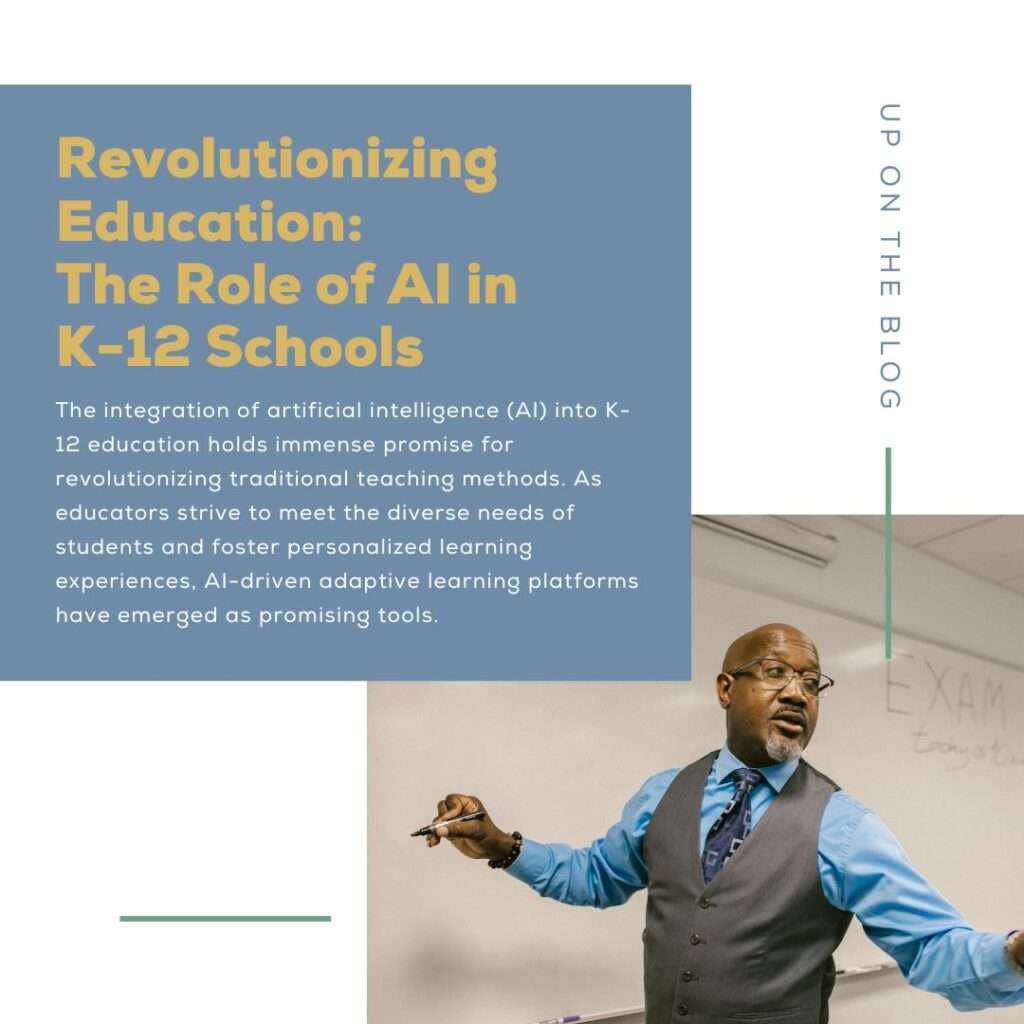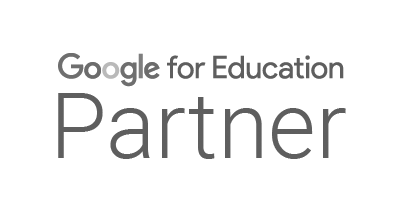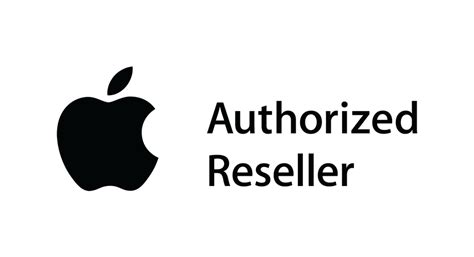The integration of artificial intelligence (AI) into K-12 education holds immense promise for revolutionizing traditional teaching methods. As educators strive to meet the diverse needs of students and foster personalized learning experiences, AI-driven adaptive learning platforms have emerged as promising tools. Let’s explore how K-12 schools can harness the power of AI to cater to individual student needs, enhance assessment practices, and optimize student support services.
Personalized Learning with Adaptive Learning Platforms
Traditional one-size-fits-all teaching approaches often fall short in addressing the unique learning styles and paces of individual students. However, AI-powered adaptive learning platforms offer a solution by dynamically adjusting the content and pace of instruction based on each student’s proficiency level, learning style, and progress.
These platforms leverage sophisticated algorithms to analyze students’ performance data and identify areas of strength and weakness. By tailoring learning materials and activities to suit each student’s needs, adaptive learning platforms foster a more personalized and engaging learning experience. Students can progress at their own pace, building mastery in key concepts while receiving targeted support in challenging areas.
Moreover, AI-driven adaptive learning platforms enable educators to gain valuable insights into students’ learning behaviors and preferences. By monitoring students’ interactions with the platform, teachers can identify patterns, track progress, and intervene when necessary to provide additional guidance and support.
Enhancing Assessment Practices with AI-Powered Analytics
Effective assessment plays a crucial role in understanding students’ progress, identifying areas for improvement, and informing instructional decisions. However, traditional assessment methods often lack the granularity and immediacy needed to provide timely and actionable insights.
AI-powered analytics revolutionize assessment practices by offering real-time, data-driven feedback on student performance. These analytics tools can analyze large volumes of student data— including test scores, homework assignments, and learning behaviors— to generate comprehensive assessments of student understanding and proficiency.
By leveraging these AI-powered analytics, educators can gain deeper insights into students’ learning trajectories, strengths, and challenges. Armed with this information, teachers can adapt their teaching strategies to better meet the needs of individual students, differentiate instruction, and provide targeted interventions when necessary.
Optimizing Student Support Services with Virtual Assistants and Chatbots
In addition to personalized learning and assessment, AI holds the potential to enhance student support services through the integration of virtual assistants and chatbots. These AI-driven tools can provide students instant access to information, resources, and support, promoting self-directed learning and empowering students to take ownership of their educational journey.
Virtual assistants and chatbots can offer personalized assistance in a variety of areas, including academic support, college and career guidance, and social-emotional learning. Whether students need help with homework, advice on course selection, or guidance on managing stress and anxiety, AI-powered virtual assistants are available 24/7 to offer support and insight.
Additionally, virtual assistants and chatbots can alleviate the burden on educators by handling routine inquiries and administrative tasks, allowing teachers to focus more time and energy on instruction and student engagement.
As K-12 schools navigate the complexities of modern education, the integration of AI holds tremendous potential for transforming teaching and learning practices. By leveraging AI-driven adaptive learning platforms, analytics, and virtual assistants, educators can cater to individual student needs, enhance assessment practices, and optimize student support services. However, it’s essential to recognize that the successful implementation of AI in education requires careful planning, ongoing professional development, and a commitment to ethical and equitable use. By harnessing the power of AI responsibly, K-12 schools can create more inclusive, engaging, and effective learning environments that prepare students for success in the 21st century and beyond.
At Technology Lab, we partner with over 200 K-12 schools across the U.S., managing their IT, enhancing cybersecurity, and building their custom technology strategy. If you’re interested in how your school can best leverage AI technology in your learning, we’re happy to help. Request a Free Discovery Call today.
















